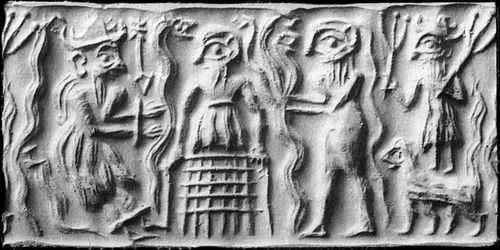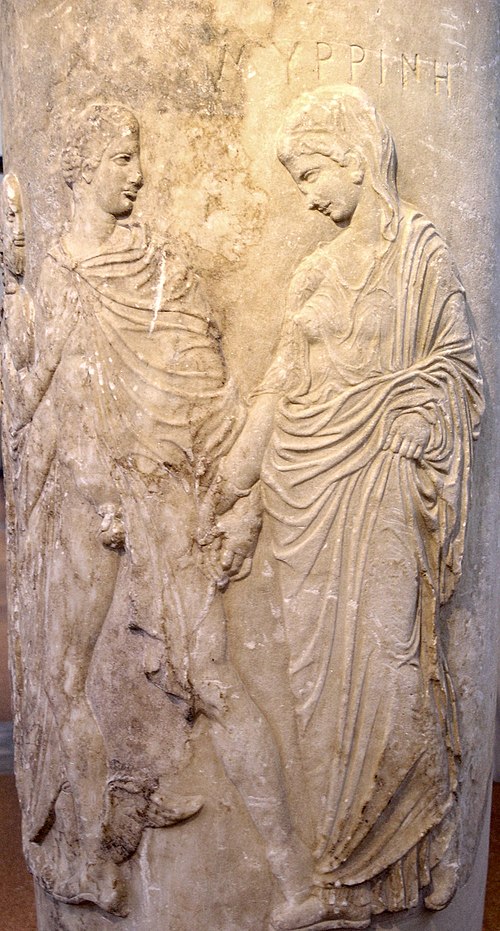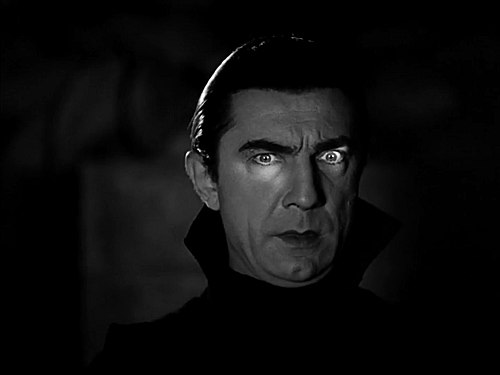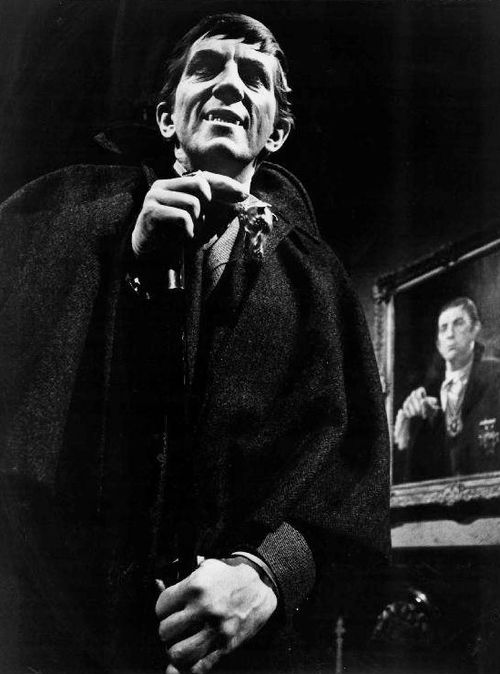Ghostnoun
(dated) The spirit; the soul of man.
Ghostnoun
The disembodied soul; the soul or spirit of a deceased person; a spirit appearing after death
Ghostnoun
Any faint shadowy semblance; an unsubstantial image
Ghostnoun
A false image formed in a telescope, camera, or other optical device by reflection from the surfaces of one or more lenses.
Ghostnoun
An unwanted image similar to and overlapping or adjacent to the main one on a television screen, caused by the transmitted image being received both directly and via reflection.
Ghostnoun
A ghostwriter.
Ghostnoun
(Internet) An unresponsive user on IRC, resulting from the user's client disconnecting without notifying the server.
Ghostnoun
(computing) An image of a file or hard disk.
Ghostnoun
(theatre) An understudy.
Ghostnoun
(espionage) A covert (and deniable) agent.
Ghostnoun
The faint image that remains after an attempt to remove graffiti.
Ghostnoun
(video games) An opponent in a racing game that follows a previously recorded route, allowing players to compete against previous best times.
Ghostnoun
A dead person whose identity is stolen by another. See ghosting.
Ghostnoun
White or pale.
Ghostnoun
Transparent or translucent.
Ghostnoun
(attributive) Abandoned.
Ghostnoun
(attributive) The remains of.
Ghostnoun
(attributive) Perceived or listed but not real.
Ghostnoun
(attributive) Of cryptid, supernatural or extraterrestrial nature.
Ghostnoun
(attributive) Substitute.
Ghostverb
To haunt; to appear to in the form of an apparition.
Ghostverb
(obsolete) To die; to expire.
Ghostverb
(ambitransitive) To ghostwrite.
Ghostverb
(nautical) To sail seemingly without wind.
Ghostverb
(computing) To copy a file or hard drive image.
Ghostverb
(GUI) To gray out (a visual item) to indicate that it is unavailable.
Ghostverb
To forcibly disconnect an IRC user who is using one's reserved nickname.
Ghostverb
To appear without warning; to move quickly and quietly; to slip.
Ghostverb
To kill.
Ghostverb
(slang) To break up with someone without warning or explanation; to perform an act of ghosting.
Ghostnoun
The spirit; the soul of man.
Ghostnoun
The disembodied soul; the soul or spirit of a deceased person; a spirit appearing after death; an apparition; a specter.
Ghostnoun
Any faint shadowy semblance; an unsubstantial image; a phantom; a glimmering; as, not a ghost of a chance; the ghost of an idea.
Ghostnoun
A false image formed in a telescope by reflection from the surfaces of one or more lenses.
Ghostverb
To die; to expire.
Ghostverb
To appear to or haunt in the form of an apparition.
Ghostnoun
a mental representation of some haunting experience;
Ghostnoun
a writer who gives the credit of authorship to someone else
Ghostnoun
the visible disembodied soul of a dead person
Ghostnoun
a suggestion of some quality;
Ghostverb
move like a ghost;
Ghostverb
haunt like a ghost; pursue;
Ghostverb
write for someone else;
Ghostnoun
an apparition of a dead person which is believed to appear or become manifest to the living, typically as a nebulous image
Ghostnoun
a slight trace or vestige of something
Ghostnoun
a faint secondary image caused by a fault in an optical system, duplicate signal transmission, etc.
Ghostverb
act as ghostwriter of (a work)
Ghostverb
glide smoothly and effortlessly
Ghostverb
end a personal relationship with (someone) by suddenly and without explanation withdrawing from all communication
Ghost
In folklore, a ghost is the soul or spirit of a dead person or animal that can appear to the living. In ghostlore, descriptions of ghosts vary widely from an invisible presence to translucent or barely visible wispy shapes, to realistic, lifelike forms.
Vampirenoun
A mythological undead creature said to feed on the blood of the living.
Vampirenoun
(colloquial) A person with the medical condition Systemic lupus erythematosus, colloquially known as vampirism, with effects such as photosensitivity and brownish-red stained teeth.
Vampirenoun
A blood-sucking bat; vampire bat (Desmodus rotundus)
Vampirenoun
A person who drains one's time, energy, money, etc.
Vampireverb
To drain of energy or resources.
Vampirenoun
A blood-sucking ghost; a soul of a dead person superstitiously believed to come from the grave and wander about by night sucking the blood of persons asleep, thus causing their death. This superstition was once prevalent in parts of Eastern Europe, and was especially current in Hungary about the year 1730. The vampire was often said to have the ability to transform itself into the form of a bat, as presented in the novel depicting the legend of Dracula published by Bram Stoker in 1897, which has inspired several movies.
Vampirenoun
Fig.: One who lives by preying on others; an extortioner; a bloodsucker.
Vampirenoun
Either one of two or more species of South American blood-sucking bats belonging to the genera Desmodus and Diphylla; also called vampire bat. These bats are destitute of molar teeth, but have strong, sharp cutting incisors with which they make punctured wounds from which they suck the blood of horses, cattle, and other animals, as well as man, chiefly during sleep. They have a cæcal appendage to the stomach, in which the blood with which they gorge themselves is stored.
Vampirenoun
Any one of several species of harmless tropical American bats of the genus Vampyrus, especially Vampyrus spectrum. These bats feed upon insects and fruit, but were formerly erroneously supposed to suck the blood of man and animals. Called also false vampire.
Vampirenoun
(folklore) a corpse that rises at night to drink the blood of the living
Vampire
A vampire is a creature from folklore that subsists by feeding on the vital essence (generally in the form of blood) of the living. In European folklore, vampires are undead creatures that often visited loved ones and caused mischief or deaths in the neighbourhoods they inhabited while they were alive.








































